Vladimir Putin taking the world to the brink
With each passing week, it seems that Vladimir Putin’s options in Ukraine are becoming more limited. But a dictator who is backed into a corner is potentially more dangerous.
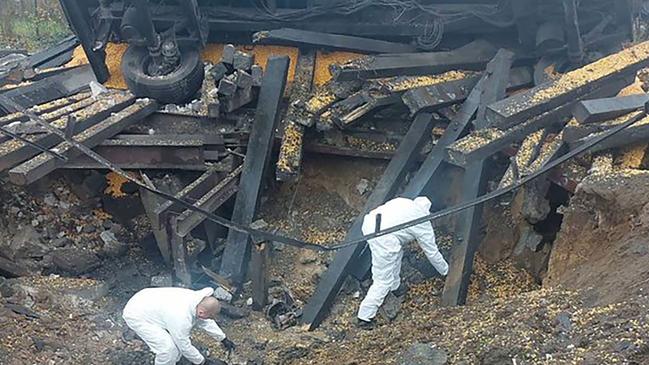
It was an act of vengeance aimed not only at Ukraine but also at Bali, where leaders of the G20 had listened to Ukrainian leader Volodymyr Zelensky implore them to work together to “use all their power” to defeat Russia.
The risks of Putin’s reckless attack triggering something far more dangerous soon became obvious. For a brief, terrifying moment, it seemed as if NATO and the West could become engulfed in the conflict when Poland reported that “Russian-made” missiles had struck Polish territory, killing two people.
Amid initial uncertainty about the origins or intent of the attack, the global alliance mechanisms that could usher in a broader European war were triggered. It was a deep-breath moment in international affairs.
Joe Biden, in Bali for the G20 meeting, held an emergency meeting of the G7 leaders while NATO Secretary-General Jens Stoltenberg called an emergency meeting of the alliance’s envoys to discuss the attack on a fellow member of NATO.
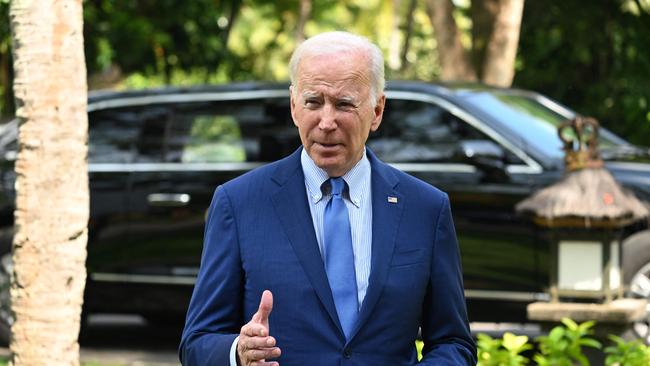
The US Defence Secretary, Lloyd Austin, the chairman of the Joint Chiefs of Staff, General Mark Milley and Secretary of State Antony Blinken talked with their Polish counterparts while Moscow denied that it fired the missile.
Within hours, the risk of a major European war was allayed when it appeared likely that the missile was fired by a Ukrainian air-defence system and that it was an accident.
“Ukraine defended itself, which is obvious and understandable, by firing missiles whose task was to knock down Russian missiles,” Polish President Andrzej Duda said. “The Russian side is to blame for this tragic event.”
On one level, the reaction of Moscow, Washington and NATO was reassuring in that all parties quickly de-escalated the situation.
“NATO is prepared for situations like this … to ensure they don’t spiral out of control,” said Stoltenberg.
Moscow subsequently claimed it does not fire its missiles close to the Polish border, an indication that it has no interest in provoking a broader conflict.
Even so, the scare has highlighted the dangerous global fault lines of the Ukraine war.
There is no guarantee that a future incident will not spiral out of control, compelling NATO members under their alliance obligations to join the fight. The danger of broader conflict will only grow while Russia’s leader has his back to the wall and becomes increasingly desperate.
As Stoltenberg said before the Polish missile incident, “We should not make the mistake of underestimating Putin. Putin’s aim is to leave Ukraine cold and dark this winter.”
Putin’s missile barrage against Ukraine was aimed at the country’s energy infrastructure and it cut power to some 10 million Ukrainians. The Russian President’s aim is to weaponise the coming winter in a country where previous attacks have destroyed an estimated 40 per cent of the country’s energy infrastructure.
As Ukraine’s energy minister Herman Haluschenko said, it was “the most massive” bombardment of power facilities in the nine-month-old invasion which he said was aimed at causing “maximum damage” on “the eve of winter”.
The attack repeats a pattern of behaviour from Putin, where he lashes out after each military setback.
On October 10, Putin launched another massive missile attack targeting 10 cities in response to an explosion at the bridge linking the Crimean Peninsula and Russia, a blast that Moscow blamed on Ukraine.
But the Russian retreat from the key industrial port city of Kherson this week was one of the biggest defeats so far for Putin in a war where nothing has gone well.
Kherson gave Russian troops a key foothold west of the Dnipro river from where it had hoped to push westward to the critical port city of Odessa.
The Kherson victory caps off a momentous few months for Ukrainian forces, which have also reclaimed a swath of territory from Russian troops in the east around Kharkiv.
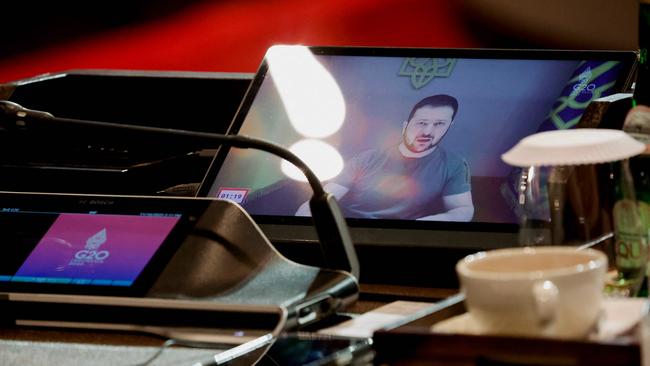
The recapture of Kherson – the only provincial capital that Russia had captured in the war – has changed the dynamics of the conflict in several ways. Firstly it has emboldened Zelensky and made him less likely than ever to accept a negotiated solution to the war.
He told G20 leaders that Russia could not be trusted to adhere to any peace agreement, which it would likely “violate after signing, and Ukraine would not accept any peace deal that compromised its conscience, sovereignty, territory and independence”.
“I want this aggressive Russian war to end justly and on the basis of the UN charter and international law,” Zelensky said.
For Putin, the sight of Zelensky standing in Kherson’s main square surrounded by flag-waving supporters and declaring it was “the beginning of the end of the war”, would have been galling.
Kherson was a part of the four provinces Russia recently annexed on the basis of sham referendums which claimed overwhelming public support for being a part of Russia.
For ordinary Russians the retreat from Kherson was the most visible defeat yet in the war. It comes on top of a chaotic conscription draft that drew widespread protests and a fast-mounting list of dead and wounded from the battlefield.
Russian state media portrayed the Kherson retreat as a temporary tactical manoeuvre rather than a permanent move, a claim that even Russian nationalists found hard to believe.
The decision to withdraw was made at a meeting between defence minister Sergei Shoigu and top military leaders broadcast on state television. Shoigu claimed on TV the retreat would “ensure the safe transfer of troops” – a tacit sign that Russian troop losses have become a public liability for the regime. Putin, not wanting to associate himself with the defeat, was nowhere to be seen.
Ominously for Putin, the Kherson retreat has stirred a hornet’s nest of criticism from right-wing nationalists in Russia in a clear sign of growing unrest over the war. Putin has previously refused to act against right-wing hawks who call for more aggressive strategies in Ukraine. But their disappointment with the war is becoming palpable and some are moving closer to openly criticising his leadership.
Russian right-wing ideologue Aleksandr Dugin, whose daughter was killed in a car bombing in Moscow in August by suspected Ukrainian agents, wrote online that Russia could retreat any further. “The authorities in Russia cannot surrender anything else,” Dugin wrote. “The limit has been reached.”
Oleg Pakholkov, editor-in-chief of the Bloknot, fumed that “those who took Kherson will soon come to other places. It looks like we have nothing with which to stop them”.
Meanwhile Rybar, a well known Telegram channel, described the loss of Kherson as a “bitter pill”. “In the eyes of the population this is a defeat,” it wrote. “It’s the loss of territories the Russian Federation recognised as its own.”
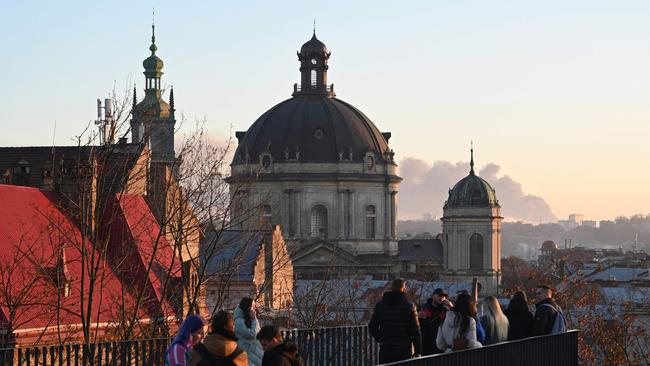
A Russian military analyst Boris Rozhin wrote in a Telegram post that the Kherson retreat was the Russian Federation’s “most serious military defeat since 1991”.
Meanwhile Yuri Kotyonok, a well known military blogger wrote: “The decision is shocking to thousands and millions of people who are fighting for Russia, dying for Russia, believe in Russia and share the beliefs of the Russian world.”
Sir Lawrence Freedman, one of Britain’s leading strategic thinkers believes Putin’s leadership is becoming more precarious with each setback.
“It is possible there will be action taken against Putin – an awful lot of people must be very angry at him by now,” said Freedman, who visited Melbourne this week.
“Until the mobilisation (of Russian conscripts) he could keep most Russians away from the effects of the war. He can’t do that anymore.”
Former foreign minister Gareth Evans agrees. “It’s inconceivable that Putin can go on explaining (these setbacks) away, it’s only a matter of time, with so many young Russians being killed or grievously injured, that it will come back to haunt him,” Evans tells Inquirer. “You can’t hide these things forever, even in the most authoritarian society.”
Freedman believes Putin’s central problem is that he does not know how to end the war.
“It is very difficult for Putin to negotiate a way out now which would see him agreeing to withdraw Russian troops,” he says. “Every diplomatic agreement so far we’ve seen so far, such as prisoner exchanges, has been criticised by the hard right in Russia.
“As soon as he withdraws (from Ukraine) there is a reckoning in Russia – ‘What was this for? Why did we do this? What did we get?’ You can see the criticisms already building up from the hard right. It is easier for Putin to continue with the war in the hope that something turns up.”
Freedman warns a major obstacle to any negotiated settlement for Putin is the fact he would have to repudiate the four new annexations he has already announced in Ukraine. Such a move would be politically perilous.
He says that Ukraine sees no advantage in serious negotiations while its forces have the ascendancy and in any case, Zelensky would demand conditions that Putin would never agree to.
As such, Freedman believes the most likely end to the war will be an unofficial ceasefire or even an eventual military-to-military agreement that the fighting should end. “Many wars end without negotiation, they end with the ceasefire and that is the most likely way this war will come to an end,’’ he said.
Evans concurs: “It’s almost impossible to see a negotiated solution. The only game in town is probably a de facto ceasefire which is primarily a product of Russian military exhaustion.”
The US is doing what it can to contribute to any Russian military exhaustion with Biden formally asking Congress this week for an extra $US37.7bn in assistance for Ukraine, including $US21bn in weapons.
With each passing week, it seems that Putin’s options in Ukraine are becoming more limited. But a dictator who is backed into a corner is potentially more dangerous.


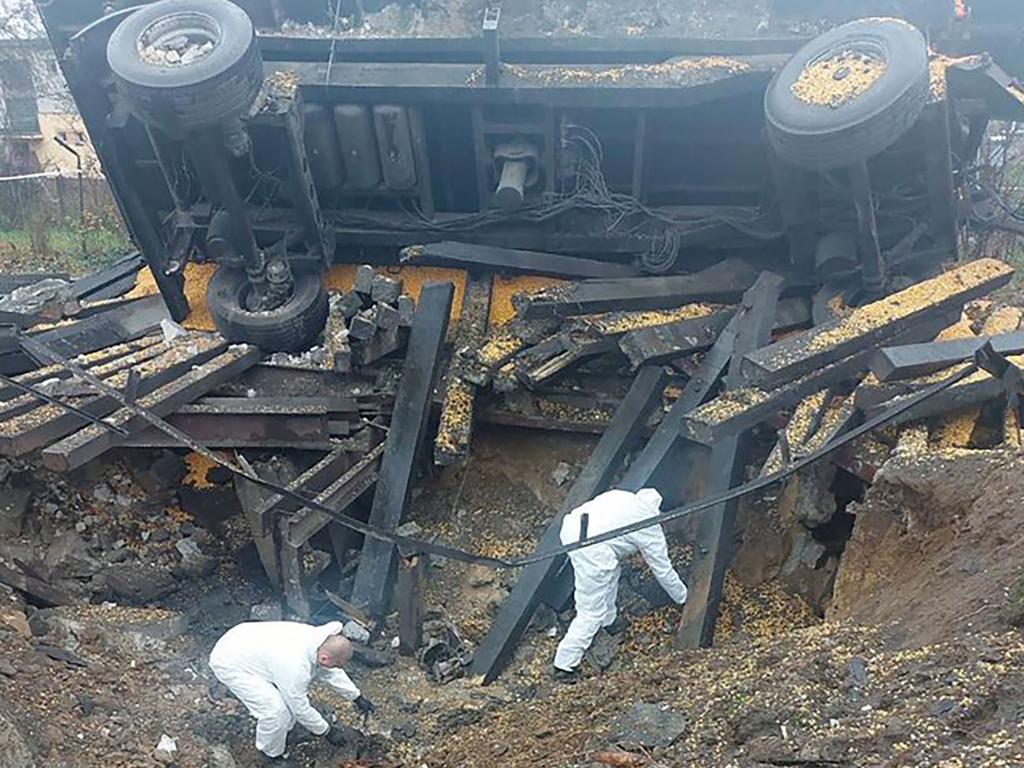
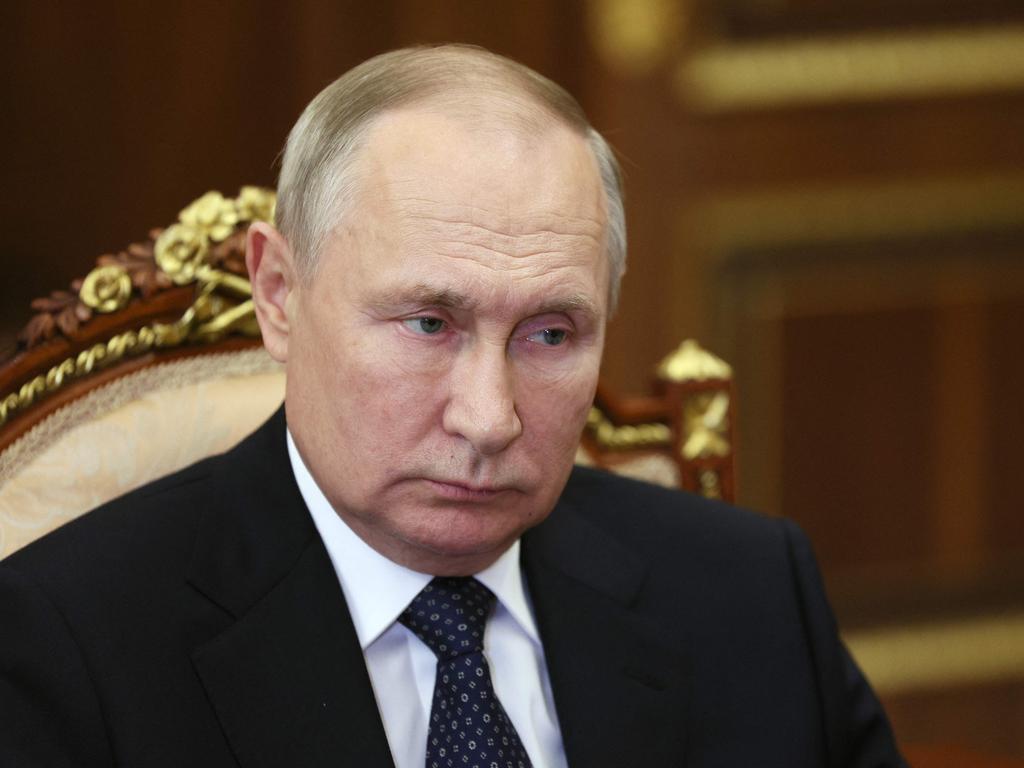

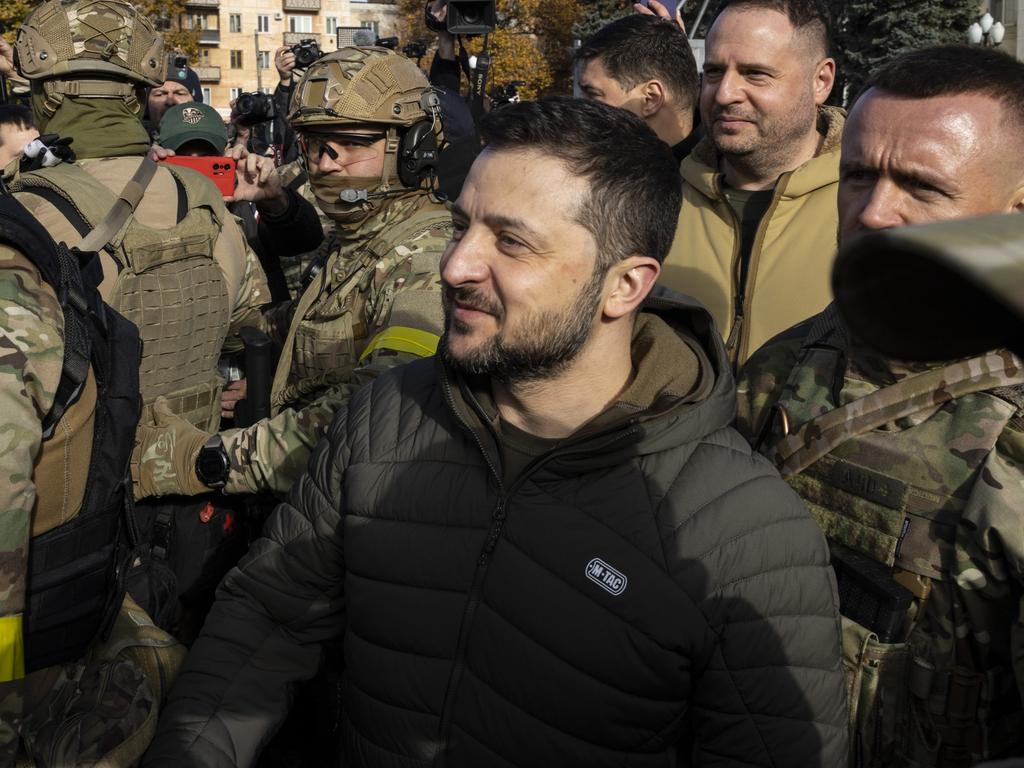
The world this week saw Vladimir Putin at his most vengeful and dangerous. With the Russian leader facing defeats on the battlefield and growing criticism in Moscow, Putin put on a deliberate show for the world to see, sending almost 100 missiles raining down on Ukraine.